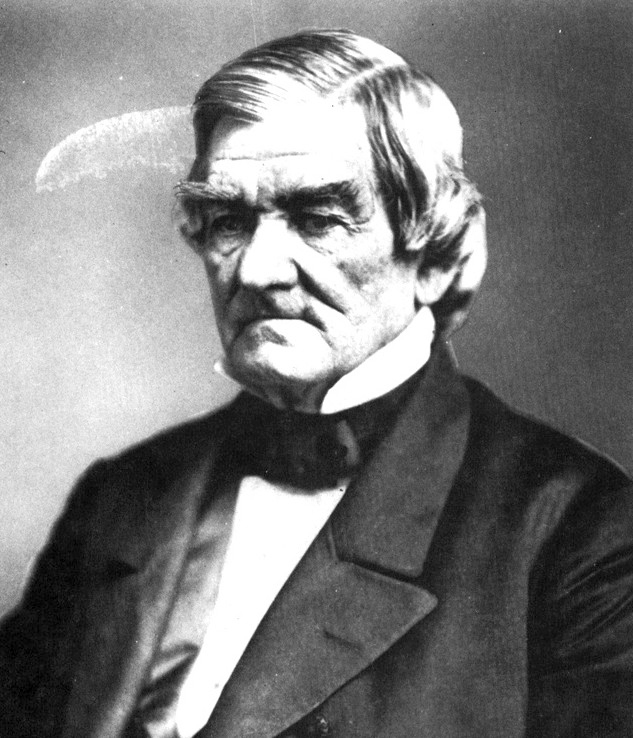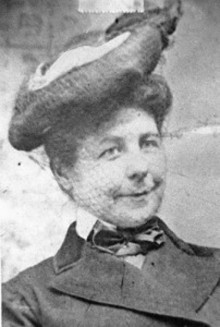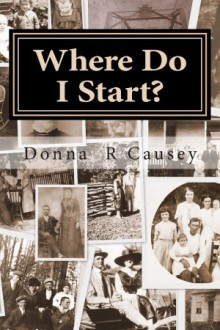Photograph of Chief John Ross – Chief John Ross 1843 Print shows John Ross, half-length portrait, seated, facing front, with right hand on a paper that states “Protest and Memorial of the Cherokee Nation Sept. 1836” (Library of Congress)
(Excerpt from ALABAMA FOOTPRINTS Removal: Lost & Forgotten Stories (Volume 7)
Native-American groups affected by the Indian Removal Act protested vehemently, but to no avail. When Cherokee Chief, John Ross, realized that his people would more than likely have to be forcibly removed, he appealed to the Supreme Court for redress and requested an injunction against the State of Georgia.
Oldest son and third of nine children
John Ross was the principal chief of the nation in the East from 1828 through removal and in Indian Territory from 1839 until 1866 when he died. Born Oct. 3, 1790. at Turkeytown, Alabama, he was the oldest son and third of nine children of Molly McDonald, a quarter blood Cherokee, and Scottish immigrant Daniel Ross, who came to the Southeast shortly before the Revolutionary War to trade with the Cherokees.
Become an Alabama Pioneers Patron unlock all stories on ALABAMA PIONEERS
John Ross had fair skin, reddish hair. and blue eyes. He was well-educated at Southwest Point and also studied under a private tutor. His Native-American name was Guwi Squwi, usually spelled as Cooweescoowee, and meant “The White Bird.” As a boy he was called Tsan Usdi or “Little John” because of his small size–he grew to about 5 foot 6.1
This area formed the nucleus of what eventually became Chattanooga.
After his mother’s death, his family moved from Alabama to what is now Rossville, Georgia, which was named for him long after his death. There they operated a Tennessee River ferry and trading post called Ross’s Landing. This area formed the nucleus of what eventually became Chattanooga.
Ross, himself, became a merchant and a planter and operated a ferry at the headwaters of the Coosa River. His property in what is now known as Rome, Georgia was where the Oostanaula and Etowah rivers join to form the Coosa River and was one of the most valuable that could be won in the Georgia lottery.
He lived in a two-story house staffed by black slaves. Peacocks strutted about the grounds and the house contained a small but well-organized library. His wife, Quatie, was a full blood Cherokee. Ross’ ferry operation was valued at $10,000, his house and lands at $6,097.25, and his rental property at $1,700.
Appeal to Supreme Court
Only Patrons can comment or chat.
Join our Alabama Pioneers Patron Community!’
See how to Become an Alabama Pioneers Patron
Ross went to Washington D. C. to make his appeal to the Supreme Court for the Cherokee Nation. His application was based on the theory that the Cherokee Nation was a sovereign and independent power in the sense of the language of the second section of the third article of the constitution of the United States which provide for judicial jurisdiction of cases arising between a state, or the citizens, and of foreign states, citizens or subjects. The motion for an injunction was denied. The Supreme Court stated that it was not the tribunal which should address the wrongs that had been inflicted.
Chief Justice Marshall delivered the Supreme Court’s opinion in 1831. He stated that even though the court recognized the Cherokee Nation as a state, the relationship between the Cherokee Nation and the United States resembled that of a ward to his guardian. The court decided that the status of the Indians in their relations with the federal government is defined in the clause of the Constitution that empowered Congress “to regulate commerce with foreign nations, among the several states, and with the Indian tribes.”2
1Wikipedia
2A History of the State of Oklahoma, Volume 1, by Luther B. Hill, Lewis Printing Co., 1910
Read More about what happened to John Ross in:
ALABAMA FOOTPRINTS Removal– some additional stories
- Plan for Indian Removal Started With President Thomas Jefferson
- Intrigue and Murder After Treaty At Indian Springs
- President Adams And Governor In A Stand-off
- Gold Causes Expulsion Of The Cherokees
- Cherokee Chief Ross Became Homeless





